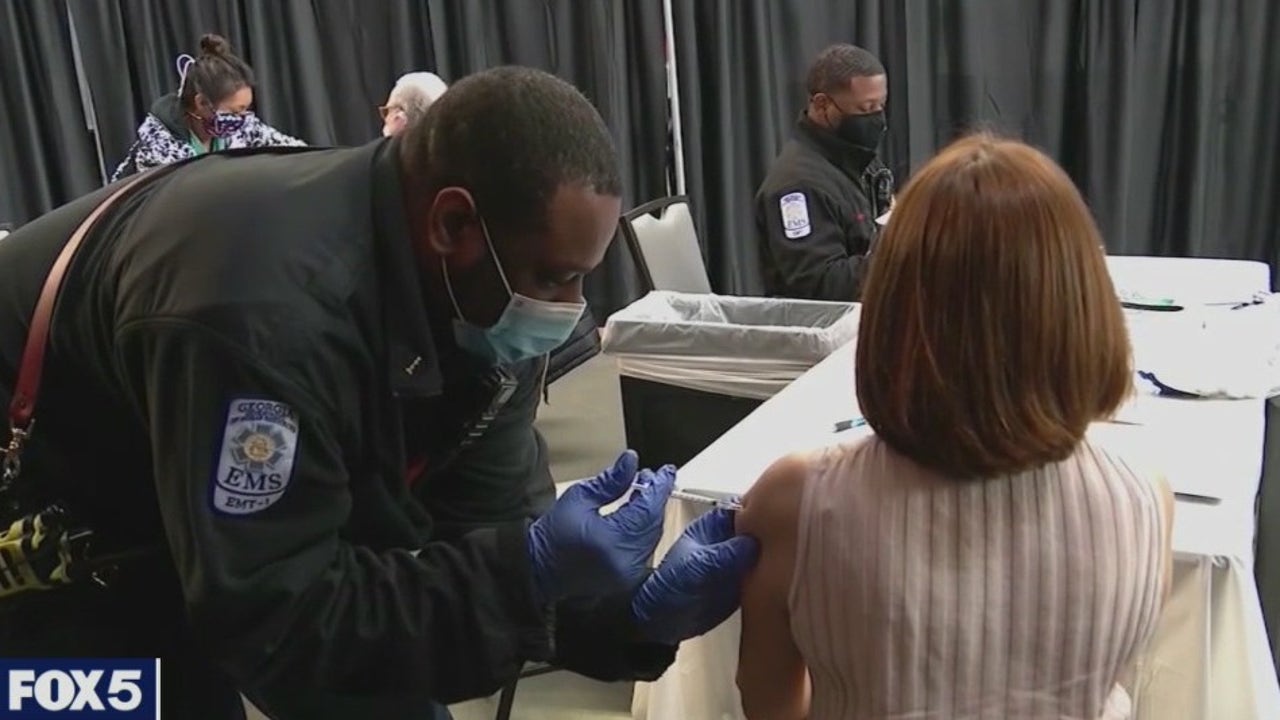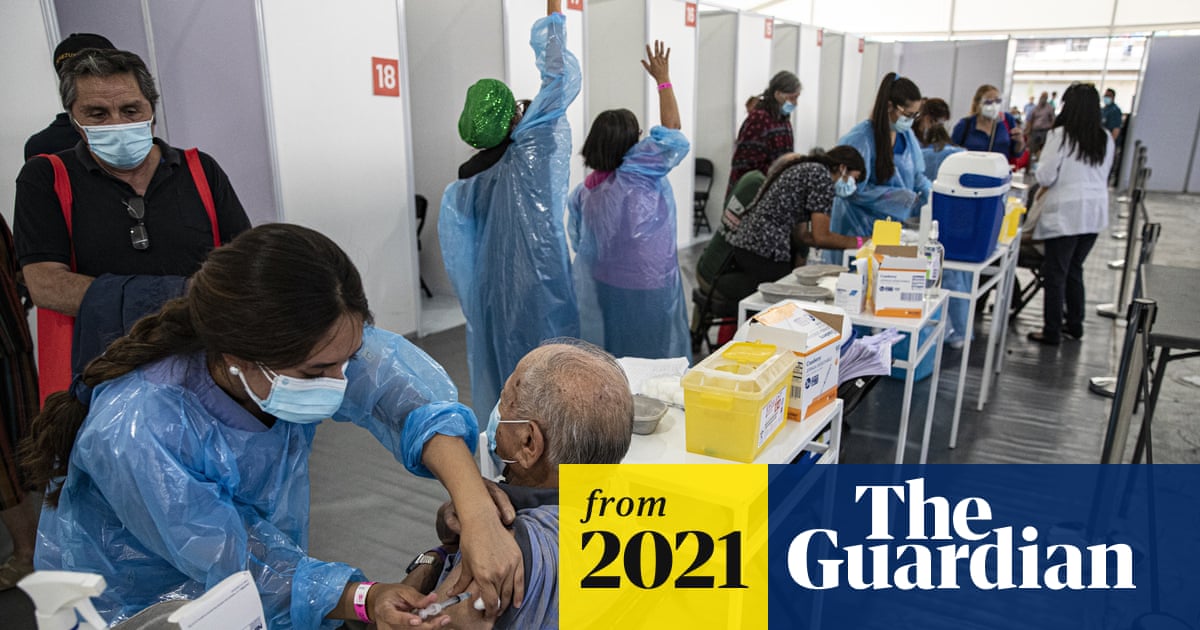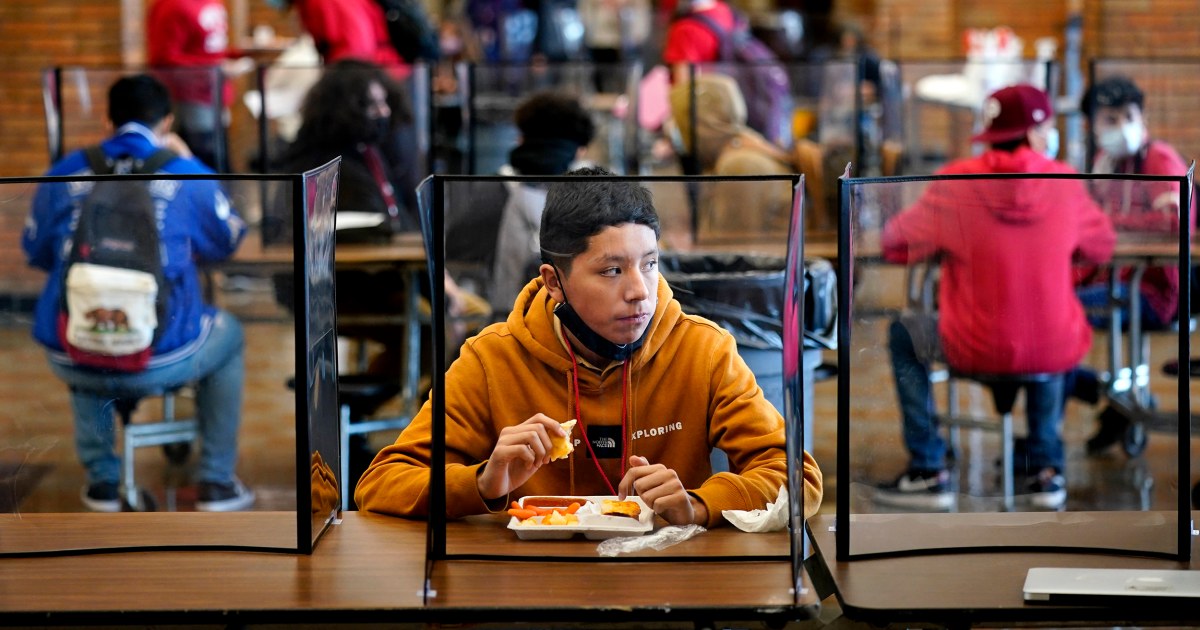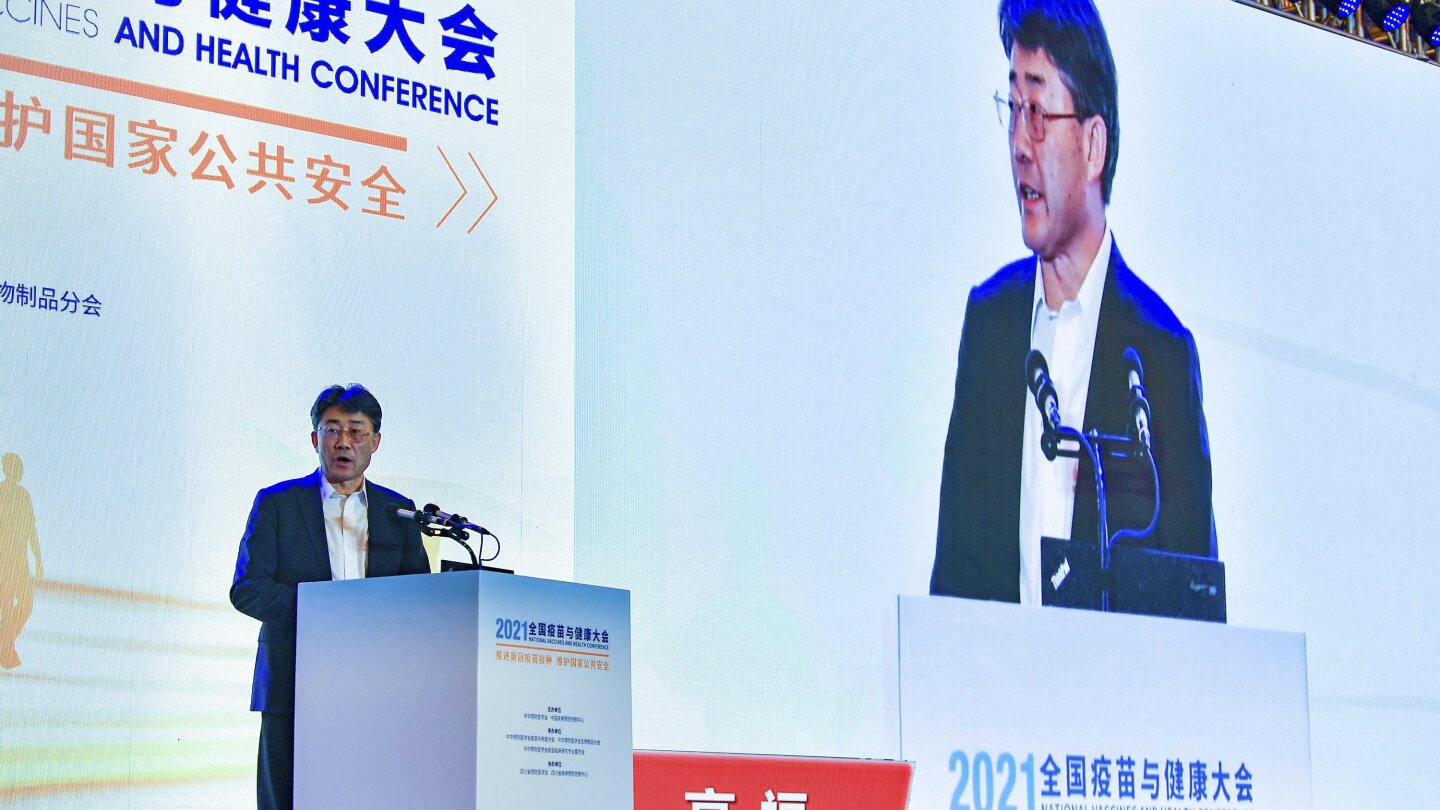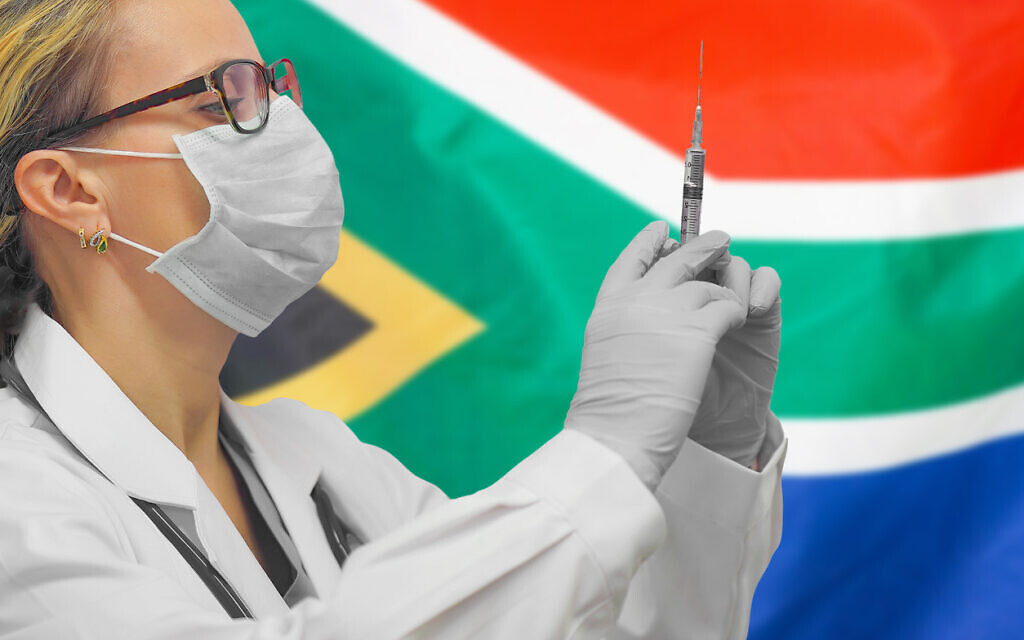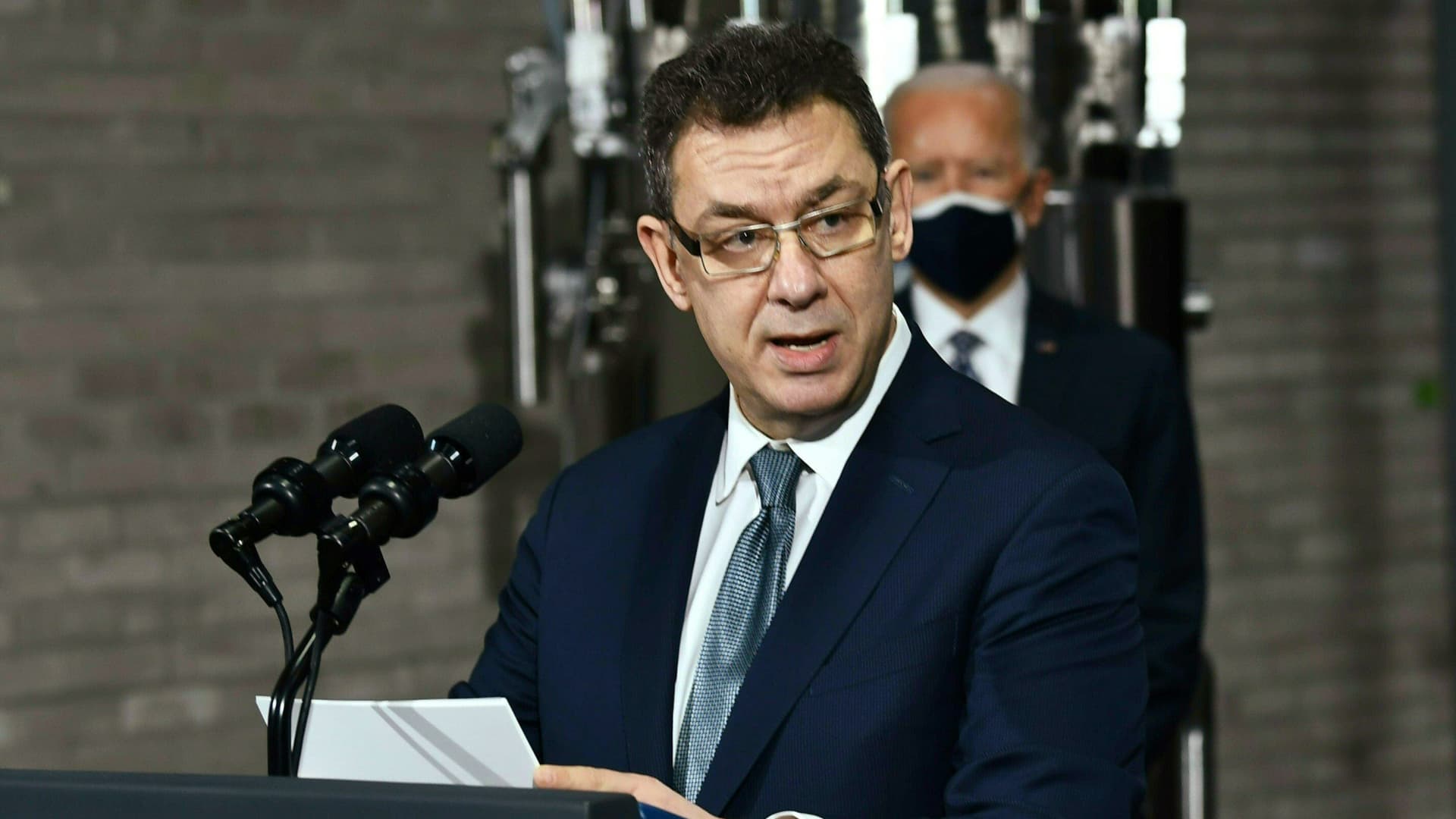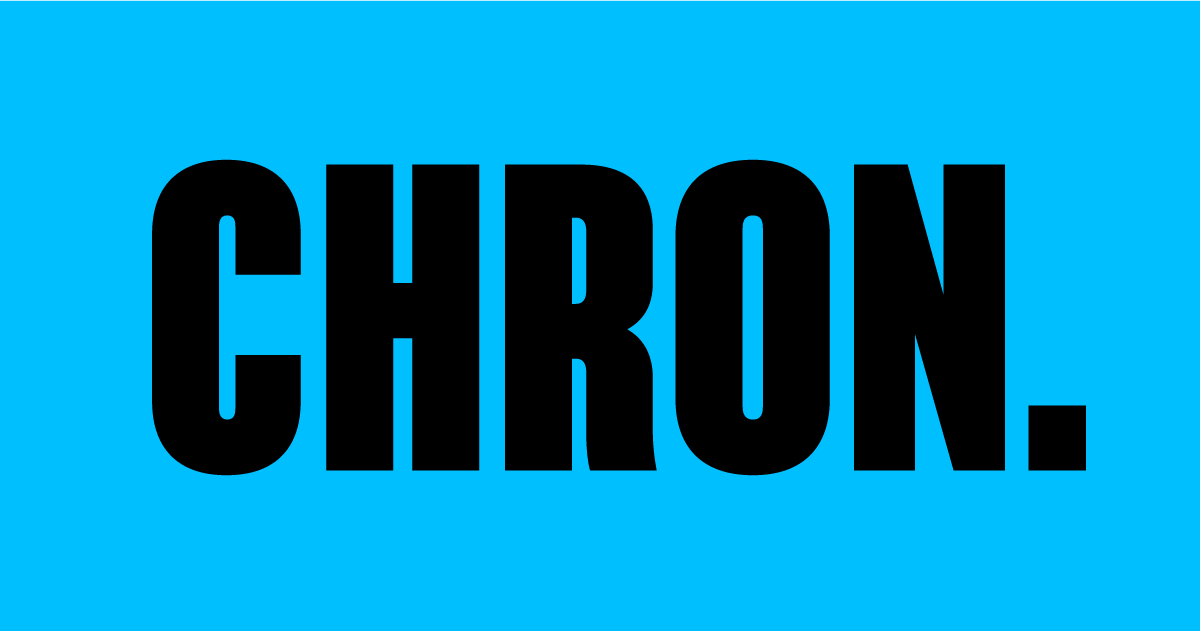In the city I live in they announced that there is no wait for vaccine appointments, and like what was pointed out in the article in post #27, people that can afford to are coming to Texas from all over the world
As India announced a grim records - the highest daily coronavirus infection tallies in a...

www.chron.com
As pandemic surges anew, global envy and anger over U.S. vaccine abundance
As India announced a grim records - the highest daily coronavirus infection tallies in a single country - Americans were enjoying a spring of vaccine abundance.
In India, just 1.4% of the population has been fully vaccinated, and overwhelmed hospitals have been running short of oxygen. Meanwhile, in the United States - where 1 in 4 Americans are fully vaccinated and more than 40% have gotten at least the first dose - a major Miami hospital, Jackson Memorial, said it would begin winding down vaccinations because of excess supply and weakening demand.
In Michigan, health workers are rolling out shots to high school students. In North Carolina, doses sat on shelves earlier this month during a pause for spring break.
"We have all the kindling to start fires everywhere," she said in an interview. "We're sitting on a powder keg."
It is happening at a demarcation point in the pandemic. In some countries with high vaccination rates - including the United States, Britain and Israel - coronavirus numbers are decreasing or plateauing. But globally, the number of new cases per week has nearly doubled since February, according to the WHO, particularly as some nations in the developing world witness their highest infection rates yet.
"Many countries still have no vaccines whatsoever," said Rob Yates, executive director of the Center for Universal Health at Chatham House, a London-based think tank. "You're seeing much anger, and I think it's justified."
The surging numbers come as a chain reaction of vaccine nationalism is hindering the flow of doses to poorer nations through Covax, a WHO-backed effort to distribute vaccines around the world.
India, a massive vaccine maker - mostly producing the AstraZeneca formula - has largely stopped exporting as its own surge worsens, dealing a major setback to the slow Covax rollout. The global initiative had expected 71% of its initial doses to come from India's Serum Institute, the country's largest vaccine maker. But so far, Covax has delivered 43 million doses of its 2 billion-dose goal this year.
On Friday, India set global single-day record of more than 314,000 new cases on Thursday.
Critics in India, in turn, have blamed the United States for policies that have curbed the export of vaccines - as well as the supplies used to make them. The Trump administration tapped the Defense Production Act to hasten vaccine development. The Biden administration has also used it, including to increase production of materials used in vaccine manufacturing.
The White House stresses that the rules do not amount to an export ban. Critics, however, say the result is similar because it allows U.S. companies to cut to the front of the line for supplies, effectively shoving some global customers toward the back.
"Respected @POTUS, if we are to truly unite in beating this virus, on behalf of the vaccine industry outside the U.S., I humbly request you to lift the embargo of raw material exports out of the U.S. so that vaccine production can ramp up," Adar Poonawalla, head of India's Serum Institute, tweeted to Biden on April 16. "Your administration has the details."
"It is disastrous for low- and middle-income countries," said Lawrence Gostin, a professor of global health law at Georgetown University, "particularly countries like India who could be the engine to vaccinate the world."
Many developing nations argue that the United States and other wealthy Western countries could rapidly boost global vaccine supplies by temporarily suspending pharmaceutical companies' intellectual property rights. That could allow poorer countries to produce their own versions of trademarked vaccines, such as Pfizer's or Moderna's.
In March, the United States, Britain and members of the European Union blocked a World Trade Organization proposal backed by roughly 80 nations, including India and South Africa, to waive patent protections for coronavirus vaccines. The WTO plans to revisit the issue in May. A group of U.S. senators led by Bernie Sanders, I-Vt., Elizabeth Warren, D-Mass., and Tammy Baldwin, D-Wis., along with former heads of state and Nobel laureates, have urged Biden to support a temporary waiver.
Nicholas Lusiani, senior adviser at the anti-poverty group Oxfam America, said Biden administration officials indicated a potential about-face to support the proposal during recent talks with the group. He said Washington was also considering backing an ambitious effort to help fund vaccine manufacturing hubs in Latin America and Africa.
"In the last few weeks, we've seen a groundswell of support for what was seen as a place the U.S. would never go - temporarily suspending patent rights," Lusiani said.
A Biden administration official, who spoke on the condition of anonymity because they were not authorized to speak to media, declined to specify whether it would support the trademark waiver. In remarks to a virtual WTO summit last week, however, U.S. Trade Representative Katherine Tai suggested the status quo was not working.
"This is not just a challenge for governments," she said. "This challenge applies equally to the industry responsible for developing and manufacturing the vaccines."
The administration has defended its response, pointing to its financial support for Covax - it has pledged funding up to $4 billion - as well as plans to work with Australia, Japan and India to boost supply in Southeast Asia in the years ahead.
Separately, the Biden administration has "loaned" a combined 4 million doses of AstraZeneca's vaccine - not yet authorized by U.S. regulators - to Mexico and Canada. France this week donated about 100,000 doses to Covax and has said it may contribute 13 million doses by the end of the year. New Zealand has pledged 1.6 million doses to Covax.
Both China and Russia have focused on bilateral vaccine diplomacy, but have also said they will work with Covax in some way.
Biden suggested Wednesday that vaccine donations to Covax may be in the offing at some point. But he has stopped short of outlining a timeline or strategy for sharing the U.S. surplus, which could reach 300 million doses or more by the summer, according to an estimate from researchers at Duke University's Global Health Innovation Center.
The vaccine divide is not just between rich and poor, but between wealthy neighbors, too. Canada brokered advance-purchase agreements with several pharmaceutical firms for hundreds of millions of potential doses, far more than it needs for its 38 million people. But it has had limited capacity to manufacture coronavirus vaccines at home, leaving it eying the U.S. rollout with jealousy and some resentment.
"You really see who your friends and foes are," Ontario Premier Doug Ford told reporters last month, suggesting "our closest friend" Washington should be doing more to help. "I thought I'd see a little bit of a change with the new administration, but, again, it's every person for themselves out there."
What the World Bank classifies as 'high-income countries" - accounting for just 16% of the world's population - have locked up more than 50% of near-term supply, according to research from Duke University.
There is no question the United States is practically rolling in vaccines.
All Americans 16 and over are now eligible for a shot. Health officials in states including West Virginia, North Carolina and Pennsylvania have said that supply is already exceeding demand, and their new challenge is combating vaccine hesitancy.
While it's difficult to determine exactly how many vials of vaccines are sitting unused across the United States, data from the Centers for Disease Control and Prevention indicates that a dozen states are administering less than three-quarters of the doses they receive.
A spokesperson for the vaccine alliance Gavi, a partner in Covax, said vaccine deliveries were happening faster now than during the H1N1 "swine flu" pandemic in 2009, when a few wealthy countries tied up almost all the global supply. Covax is also seeking to make up for delays in exports from India by pursuing deals with other vaccine makers.
But countries are growing impatient.
In Namibia, home to 2.5 million people, only 128 people had received two doses of vaccines as of mid-April.
"We did apply and paid our deposit for the covid vaccine, but there is a vaccine apartheid," Namibia's president, Hage Geingob, told reporters this month. "I'm saying that we, a small country, have paid a deposit but up to now we didn't get any vaccine."
Guatemala's president, Alejandro Giammattei, echoed those sentiments, saying Covax had failed his country and Latin America at large. He said Guatemala - where cases are spiking - has had to turn to India and Russia for vaccines, because it has only received 81,000 of the 3 million doses of the AstraZeneca vaccine it purchased through Covax.
"The Covax system has been a failure," he said. "A small group of countries have all the vaccines and a large number do not have any access."
Countries in the Caribbean - which consider themselves a "third border" with the United States - have expressed particular frustration with Washington. Timothy Harris, prime minister of St. Kitts and Nevis, said in an interview with The Washington Post that India had stepped in to aid his and other Caribbean nations with thousands of doses.
"But from the United States, disappointedly, we have not had one dose of vaccines," he said. "Not one dose."
